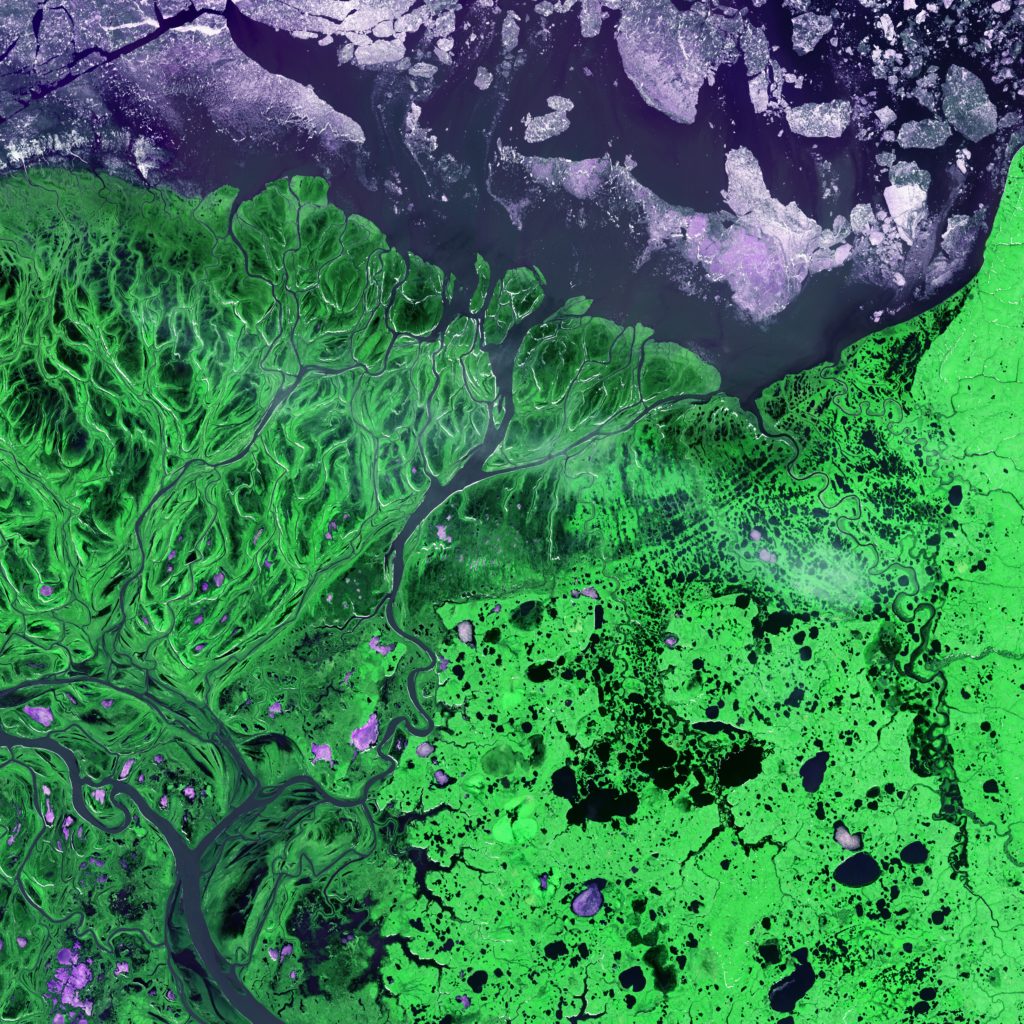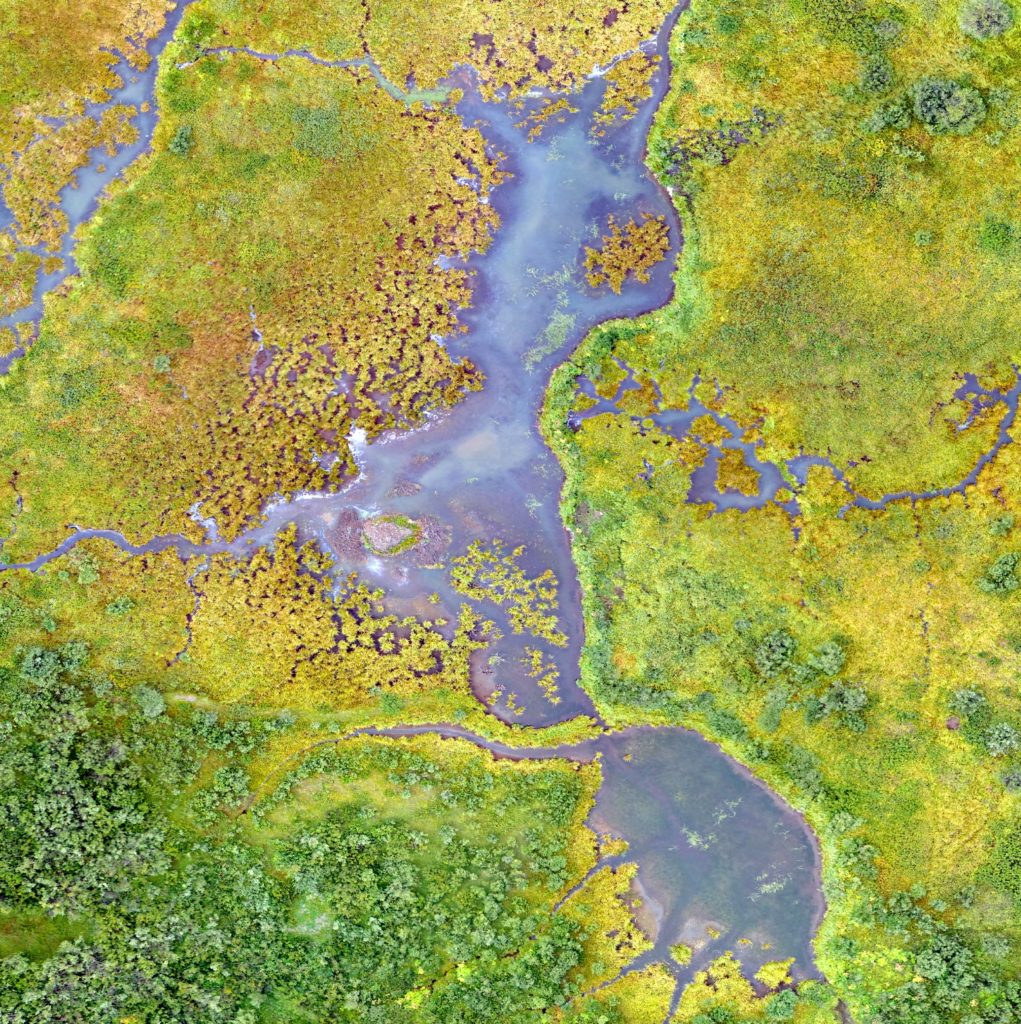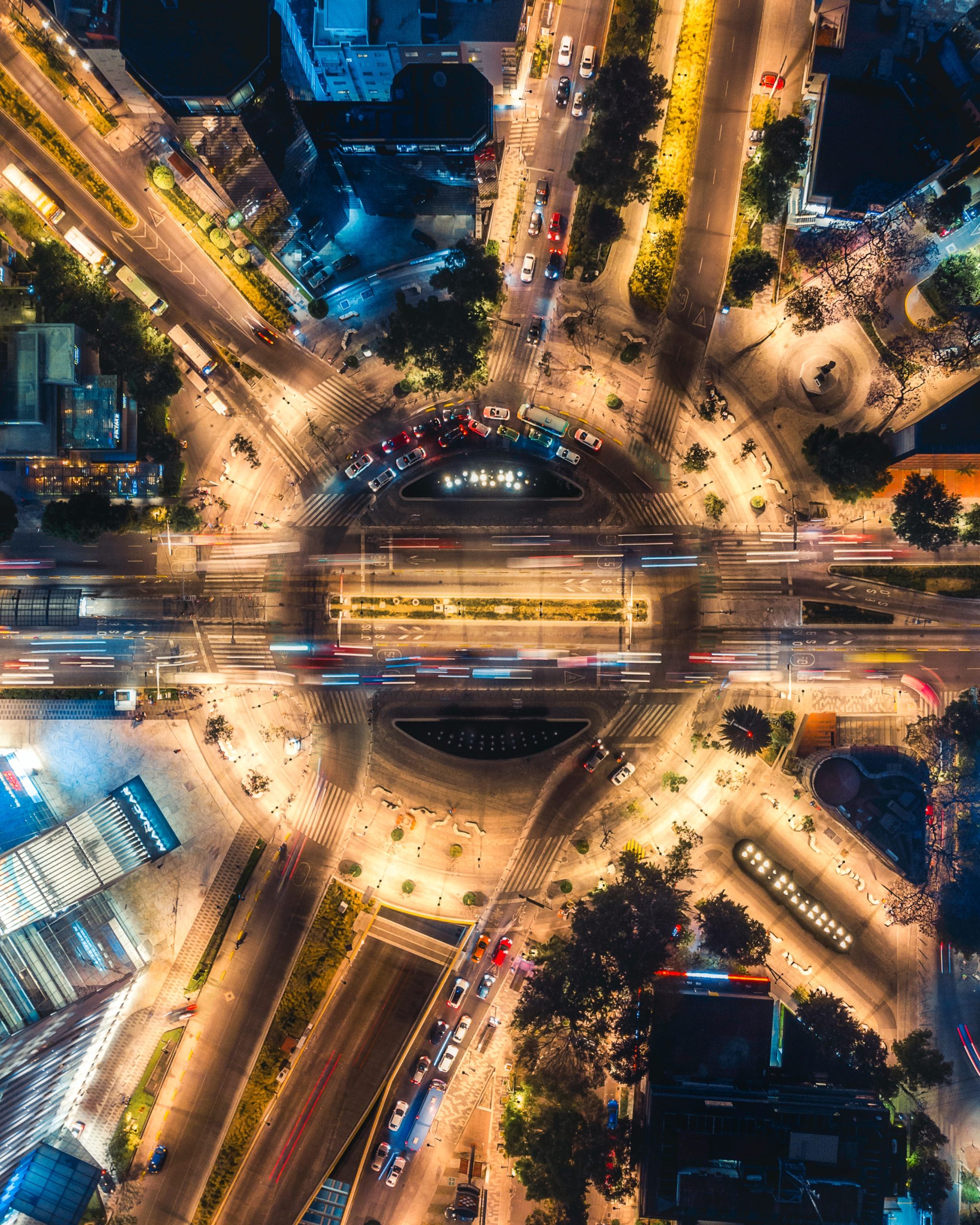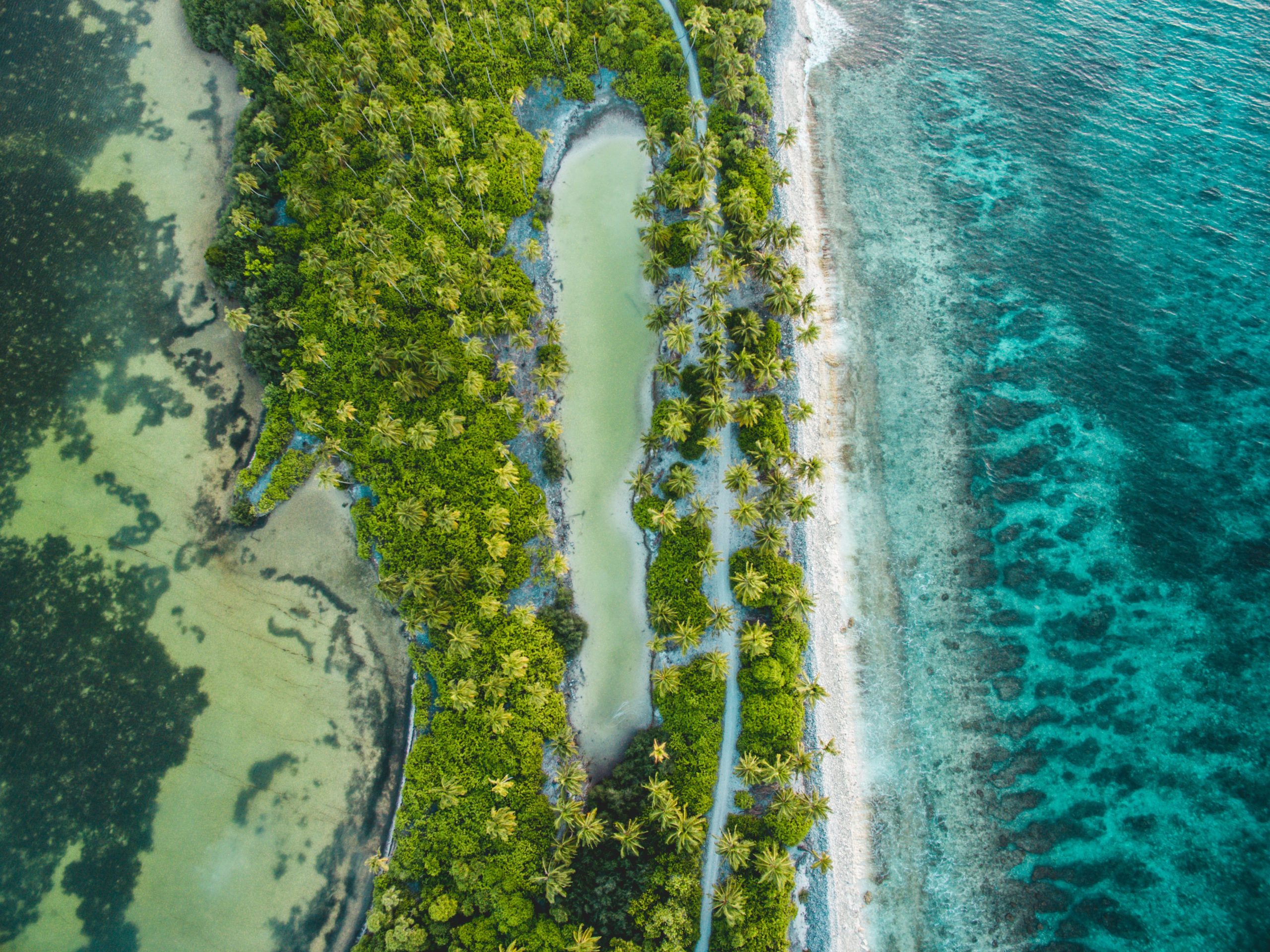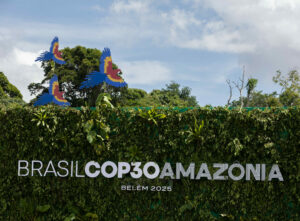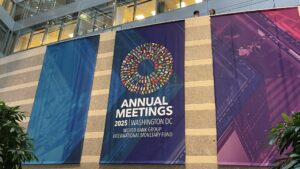Addressing the challenges of 21st century sovereign debt crises.
The mission of the Debt Relief for Green and Inclusive Recovery (DRGR) Project is to utilize rigorous, policy-oriented research to advance innovative solutions to address the challenges of 21st century sovereign debt crises.
Taking a holistic approach, the DRGR Project engages with policymakers, thought leaders and civil society to further ambitious, evidence-based policy dialogue for sustainable development around the world. The DRGR Project has been designed since its inception with input from stakeholders in the Global South, and to advance its policy recommendations through a development-centered lens.
The Boston University Global Development Policy Center, Heinrich-Böll-Stiftung, and the Centre for Sustainable Finance at SOAS, University of London founded the DRGR Project in 2020 during the height of the COVID-19 pandemic. Heinrich-Böll-Stiftung and the Centre for Sustainable Finance at SOAS, University of London remain active contributors. The DRGR Project focuses on the linkages between sovereign debt distress and climate change, advancing pioneering proposals to unlock finance for sustainable development and to achieve shared climate and development goals.
Latest research
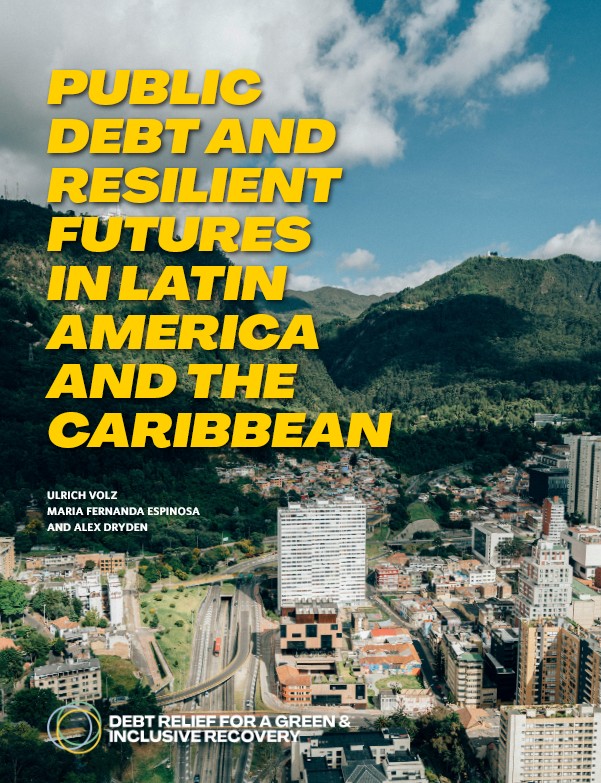
Public Debt and Resilient Futures in Latin America and the Caribbean
October 2025
Latin America and the Caribbean stand at a crossroads of escalating debt, intensifying climate shocks, and stalled progress toward the Sustainable Development Goals. The new policy brief “Public Debt and Resilient Futures in Latin America and the Caribbean” by Ulrich Volz, Maria Fernanda Espinosa, and Alex Dryden analyses the region’s debt dynamics and explores how innovative tools—such as debt-for-nature swaps and disaster clauses—could help break the cycle of vulnerability and restore fiscal resilience. It calls for urgent reform of the global debt and climate finance architecture to unlock sustainable growth and climate-ready development across the region.
Africa’s Vicious Cycle of Debt and Climate Change
September 2025
Across Africa, climate shocks and debt distress fuel each other in a vicious cycle. With external debt more than tripling since 2008, rising costs and plunging currencies are squeezing public finances—leaving little room for vital climate resilience investments. The policy brief “Africa’s Vicious Cycle of Debt an Climate Change” by Alexander Dryden and Ulrich Volz unpacks these dynamics and questions whether current debt assessments are fit for purpose.
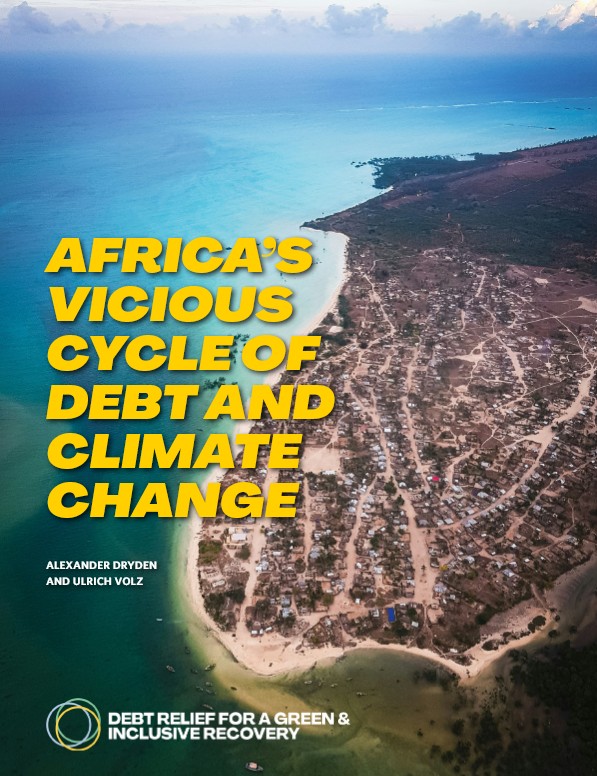

Debt, Climate, and Development in Asia and the Pacific: Breaking the Vicious Circle
July 2025
The new Asian Development Bank Institute working paper “Debt, Climate, and Development in Asia and the Pacific: Breakind the Vicious Cycle” by Ulrich Volz, Shamshad Akhtar, and Alex Dryden examines how debt vulnerabilities in the Asia and Pacific region are worsening—driven by climate disasters and structural development gaps. It highlights how unsustainable debt burdens threaten sovereign fiscal stability and undermine the ability of developing economies to meet their climate goals. The authors call for concerted efforts to proactively tackle sovereign debt problems.
Latest Commentary
- In Memoriam: Shamshad AkhtarWe mourn the passing of Shamshad Akhtar, a distinguished development economist, global public servant, and cherished colleague, whose leadership, integrity, and humanity left an enduring mark on economic policymaking and international cooperation. She passed away at the age of 71, leaving behind a legacy of service that spanned national institutions and the multilateral system.
- The G20 Leaders’ Summit and COP30: Navigating Fragmentation, Advancing Coalitions, and Keeping Debt on the Global AgendaThis year, the G20 Summit and COP30 converged at a time of exceptional strain on the multilateral system. As geopolitical divides widened and key actors hesitated to advance essential reforms, coalitions of the willing nonetheless succeeded in keeping debt sustainability and climate-related ambitions on the international agenda.
- Recognition Rising, Reform Pending: Insights from the 2025 IMF/World Bank Annual MeetingsThe 2025 Annual Meetings of the International Monetary Fund (IMF) and the World Bank Group underscored that uncertainty has become the defining feature of the global economy. Despite widespread recognition that high debt is constraining development, official outcomes fell short of meaningful reform. Yet behind closed doors, the conversation on debt appears to be shifting…
